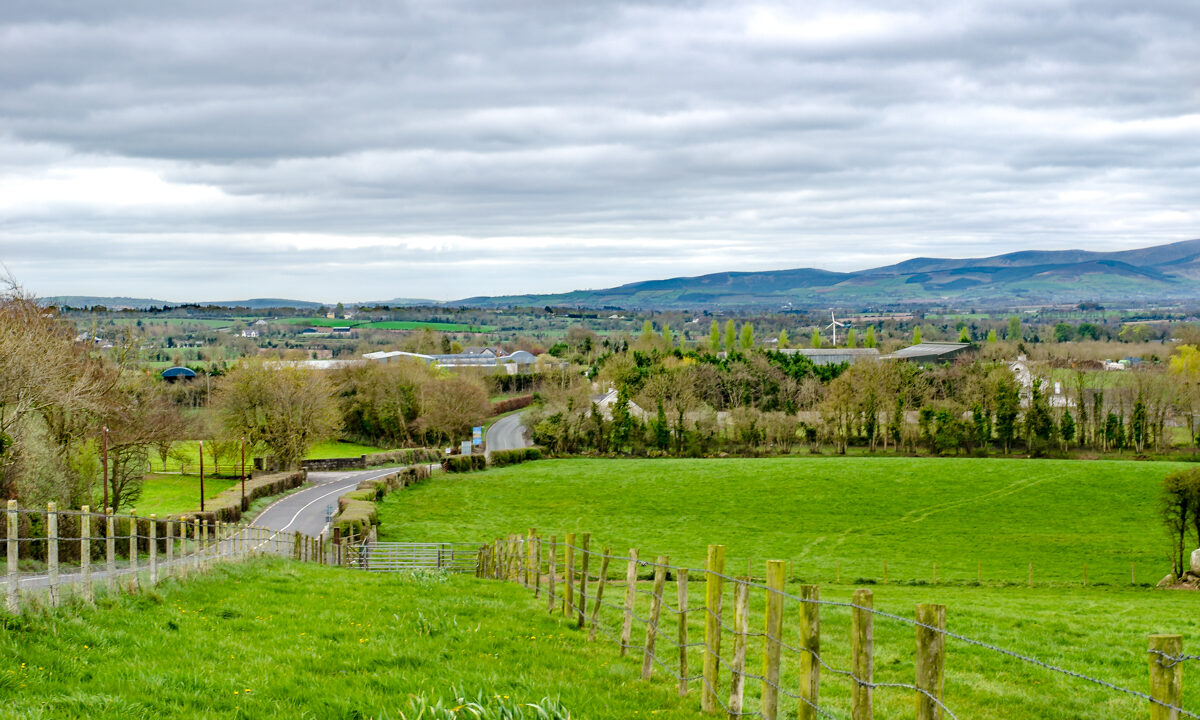The pandemic has seen some return to rural areas and this is positive – but it has also magnified long-standing issues, such as access to high-quality broadband, social isolation and the need for sustainable enterprises and job creation, according to the National and Economic Social Council (NESC.)
NESC has just published two research papers.
They explore the value of understanding different types of “rural” and the opportunities to build economic resilience, as Ireland transitions to a low-carbon, digital and thriving economy and society, according to Dr. Larry O’Connell, director of NESC, who added:
The papers have already helped start a dialogue with NESC members and wider stakeholders about the future of rural areas, opportunities and co-creation of solutions. The papers will also help NESC to continue to examine Just Transition and regional development, in particular by feeding into its work on the shared island.
The paper “Challenges and Opportunities for Rural Ireland and the Agricultural Sector” is authored by UCD’s Dr. Edel Kelly, Dr. Karen Keaveney and Dr. Anne Markey.
It identifies seven types of rural from very strong traditional rural to peri-urban rural areas adjacent to large towns and cities.
It highlights common challenges such as declining numbers of young adults but also differences in changes in population density and consequent demand for services.
Reasons To Be Hopeful
The UCD researchers also point to reasons to be hopeful for Irish rural areas. A key finding is the need to look positively at rural spaces and to work with communities and farmers to “co-create” solutions and local value.
They engaged with experts and produced a list of 106 opportunities, spanning social, environmental and economic activity.
In parallel, NESC commissioned Sean McCabe in TASC (Think-tank for Action on Social Change), an independent think-tank, to consider how the idea of community wealth building might be a catalyst in rural spaces.
The paper “Economic Resilience in Sustainable Communities: Innovative Approaches in Public Spending to Maximise Local Benefits” examines how the community wealth was increased in the UK city of Preston.
The key was a coordinated approach from local government to use procurement and job creation to create wealth locally.
NESC will take forward the key themes and issues raised in the work as part of its work programme. It currently has a consultation process open on opportunities and challenges in climate and biodiversity as part of a shared island project which includes a focus on rural resilience and just transition.
